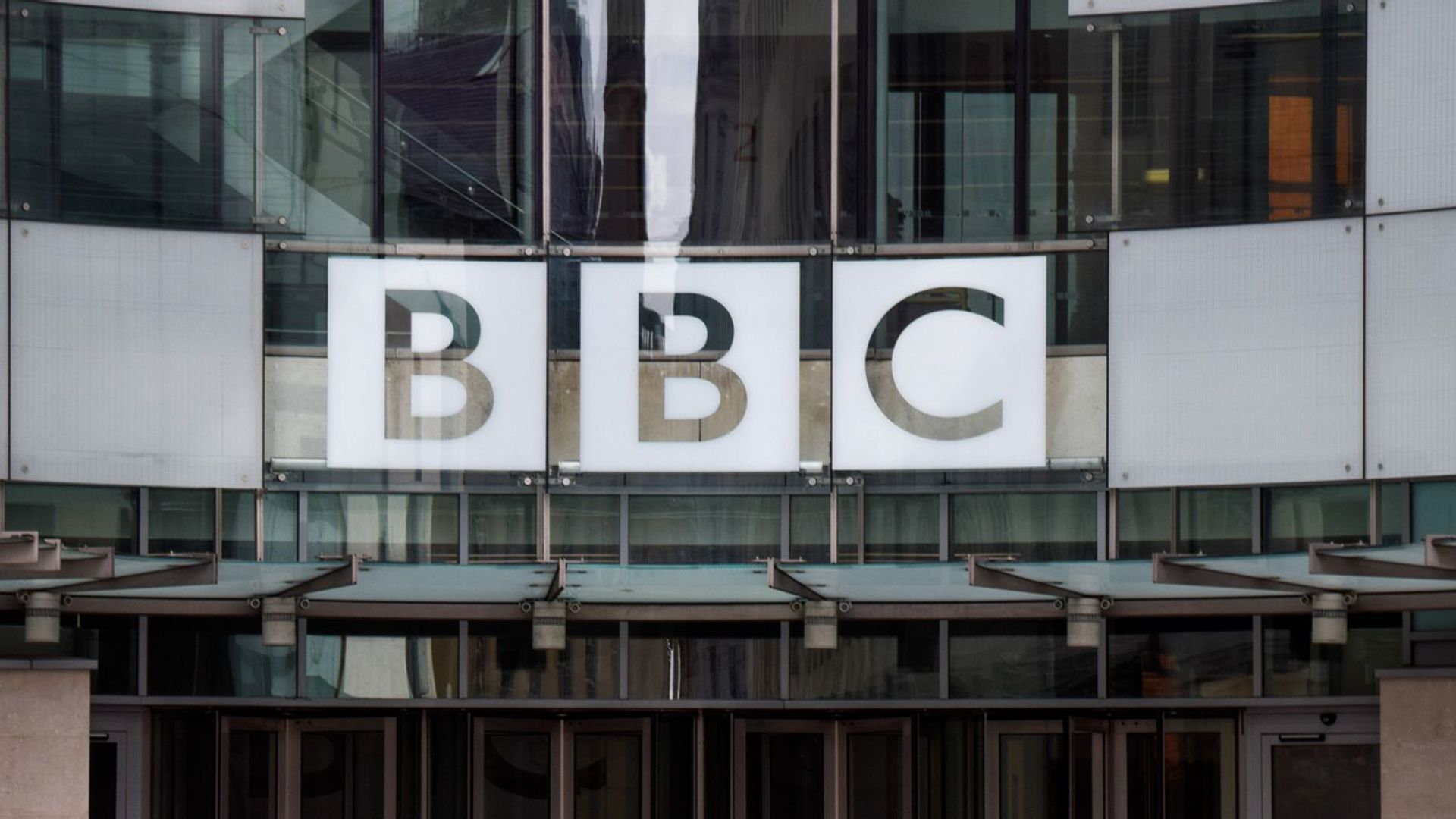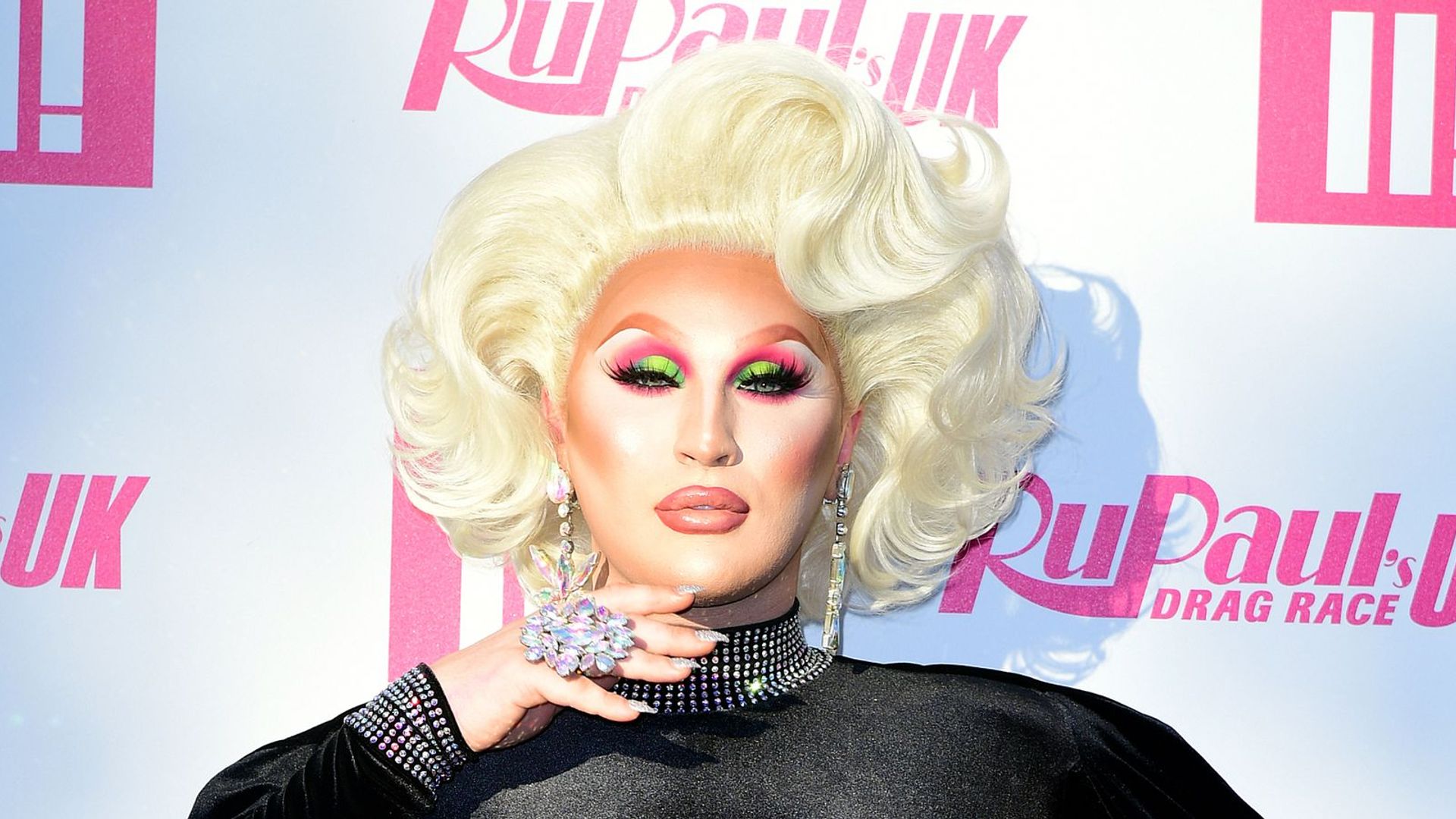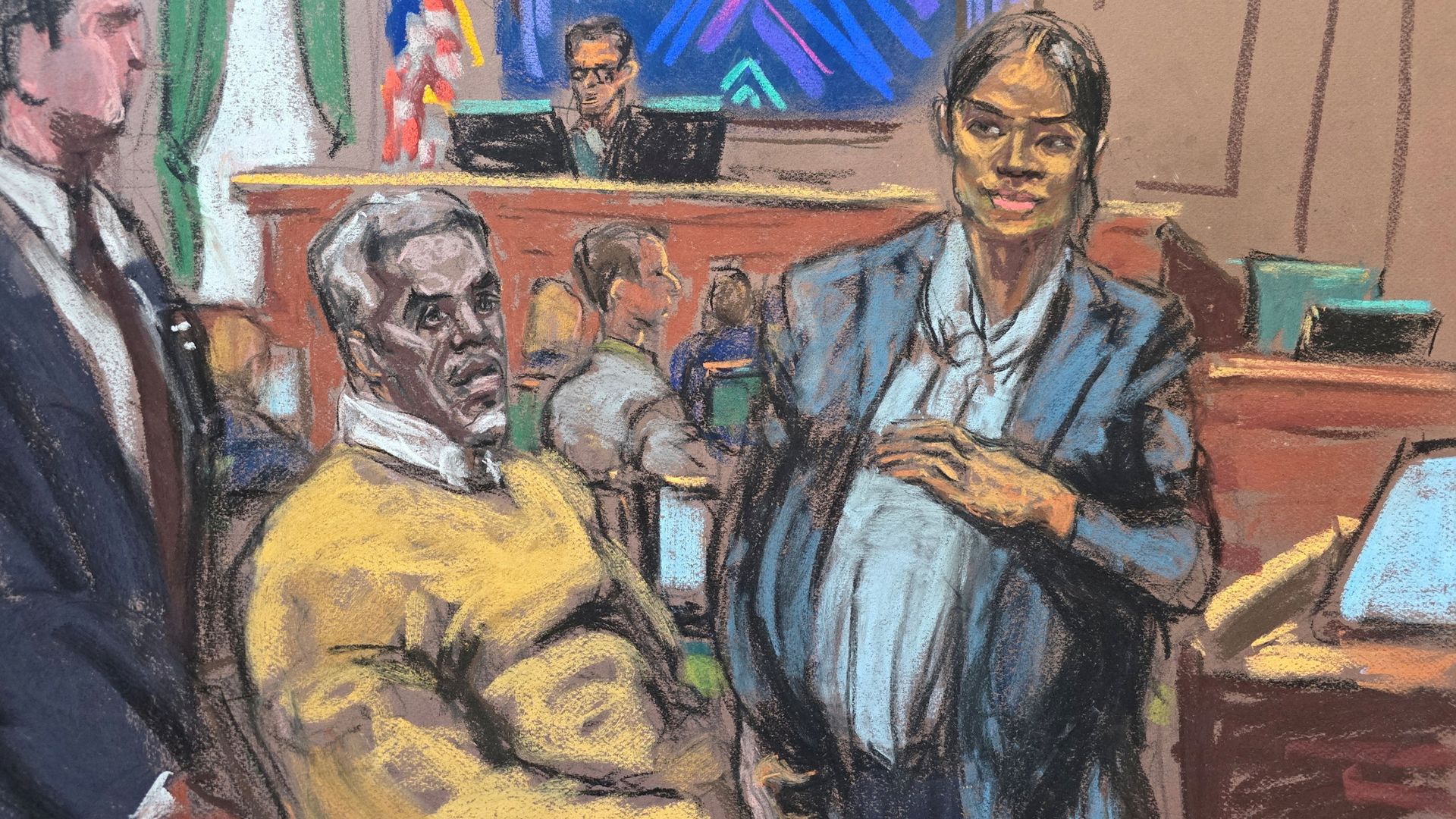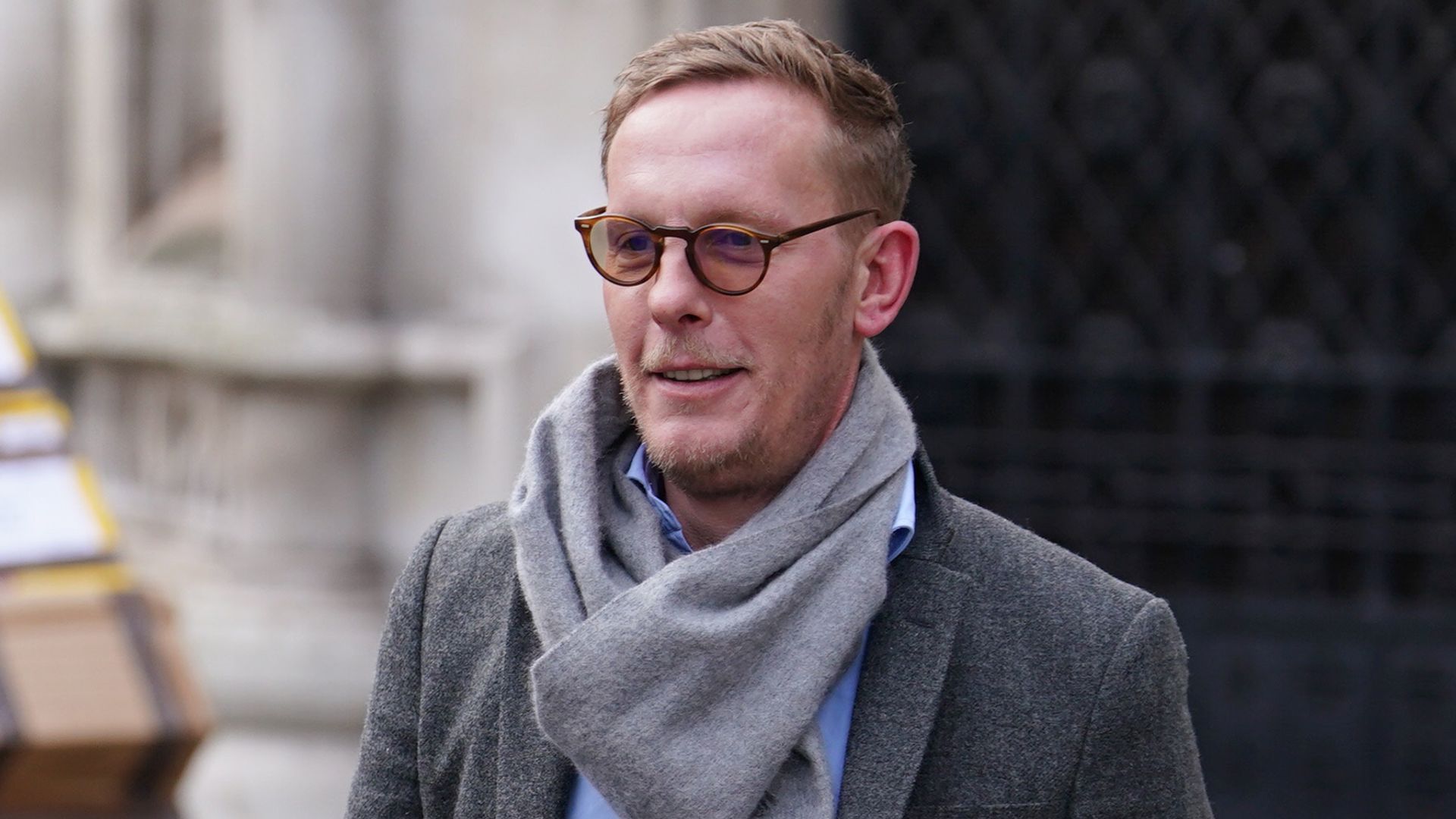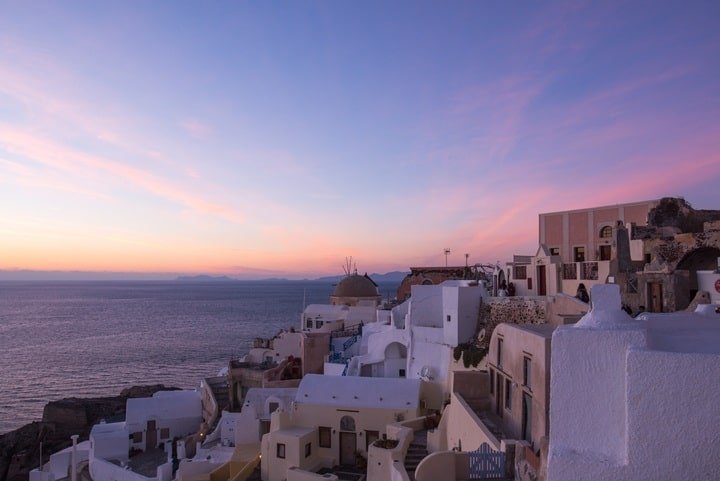**Title:** BBC Independence Crucial for Trust, Says Observer Editor
**Meta Description:** James Harding emphasizes the need for BBC independence from political influence to restore public trust in shared facts.
**URL Slug:** bbc-independence-trust
**Headline:** Observer Editor Calls for BBC Independence to Restore Public Trust
In a recent interview with Sky News, James Harding, the editor-in-chief of The Observer, urged for the BBC to be insulated from political influence, likening the current state of television to the survival struggle depicted in the popular series, The Last Of Us. Speaking ahead of his James MacTaggart Memorial Lecture at the Edinburgh TV Festival, Harding expressed that the media landscape is not experiencing a golden age but rather a fight for survival against the overwhelming presence of new media.
Harding, who co-founded Tortoise Media after acquiring The Observer from the Scott Trust and Guardian Media Group, emphasized the importance of establishing the BBC’s independence. He argued that this independence is vital for fostering public confidence in shared facts and respect for the truth. “Currently, politicians have significant control over the BBC, from selecting the chairman to influencing the licence fee,” he stated. “There is a perception that the BBC embodies a particular worldview, and we must ensure that diverse perspectives are genuinely welcomed.”
Having previously overseen the BBC’s news and current affairs programming, Harding called for a separation between the government and the BBC, similar to the independence granted to the Bank of England in 1997. He believes that such a move would enhance public trust in this essential institution.
The BBC has faced scrutiny recently for various incidents, including breaches of its accuracy guidelines and controversial live broadcasts, such as the Bob Vylan performance at Glastonbury, which sparked significant backlash. Following this event, Culture Secretary Lisa Nandy demanded accountability from the BBC’s leadership.
In his lecture, Harding defended the BBC against accusations of institutional antisemitism and criticized the role of government ministers in media oversight. He argued that the appointment and dismissal of key editorial positions should not fall under political jurisdiction, describing such interference as “chilling.”
As the BBC approaches its charter renewal in 2027, Harding warned that its very survival is at stake. He proposed that the BBC’s chair and board should be selected by the board itself rather than the Prime Minister, advocating for a more autonomous governance structure.
In conclusion, Harding’s call for the BBC’s independence highlights the critical need for a media landscape free from political pressures, which is essential for maintaining public trust and ensuring a diversity of viewpoints.
**FAQ Section:**
**Q: Why is BBC independence important?**
A: BBC independence is crucial for restoring public trust in media, ensuring diverse viewpoints, and maintaining accountability without political interference.



